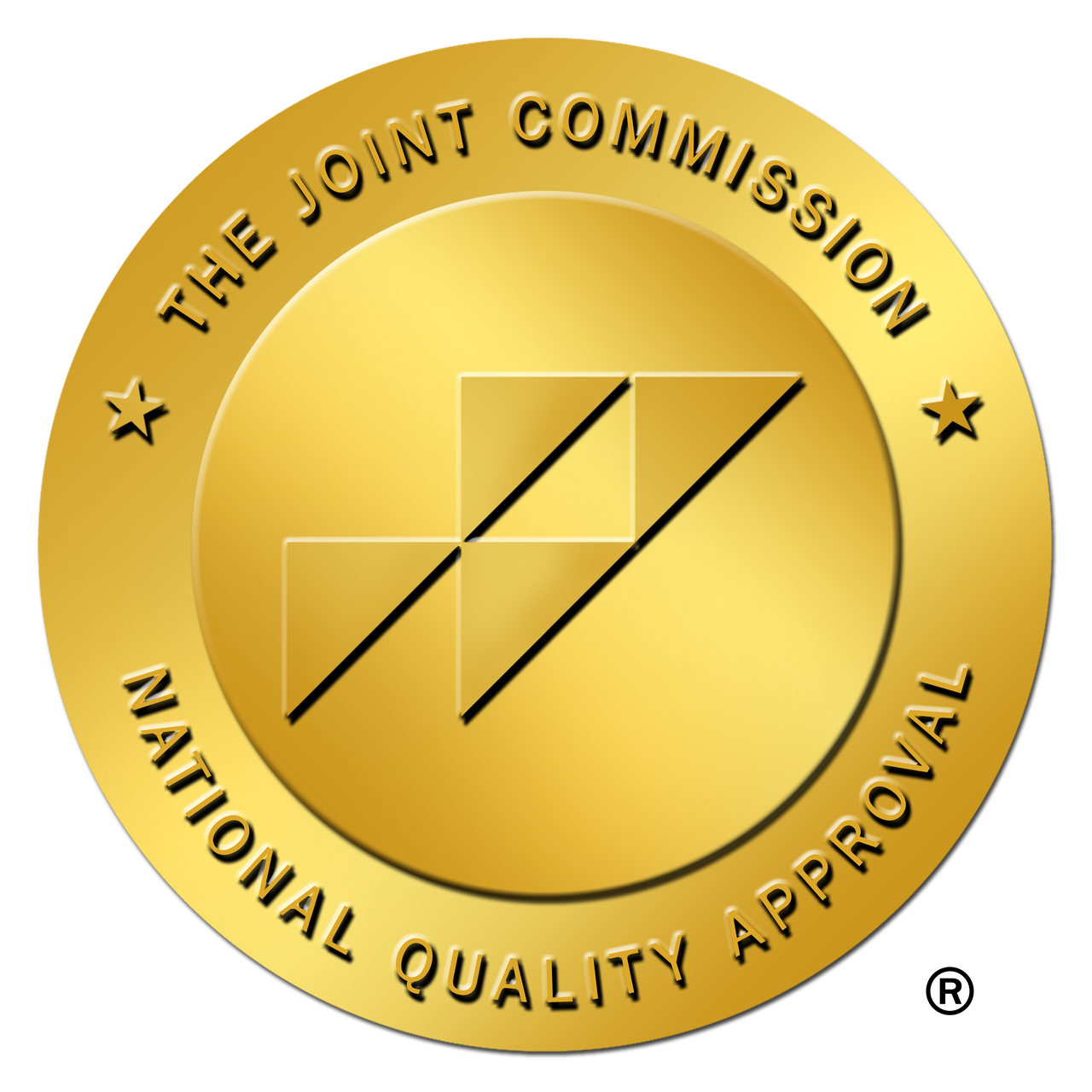
Finding the right addiction treatment center is one of the most important decisions you can make. It’s also one of the hardest. With so many options in the DMV area—especially across Maryland, Delaware, and Northern Virginia—it can be overwhelming. And not all Maryland Recovery Centers offer the same level of care.
If you or someone you love is considering treatment, it’s critical to know the difference between true residential inpatient care and programs that only look like it from the outside. Many programs call themselves “residential” but are actually outpatient setups with optional housing.
Here are 5 red flags to look out for when evaluating a Maryland Recovery Center—and how choosing a full inpatient residential facility like The Valley can make a real difference in your recovery.
Some centers advertise 24/7 care or “residential treatment,” but when you ask questions, you learn it’s actually a Partial Hospitalization Program (PHP) with housing nearby. That’s not the same as inpatient care.
In a PHP model, you go to a clinic during the day and return to separate housing at night—usually unsupervised. This setup often lacks the structure and support that real inpatient centers provide.
At The Valley, treatment is truly residential. You stay on-site, sleep on-site, and receive care on-site. No commuting. No gaps in supervision. That consistency matters, especially early in recovery.
Many facilities are overbooked. You might get a short group session, a quick check-in, and not much else. That’s not enough support for most people going through withdrawal, early sobriety, and mental health challenges.
Look for a Maryland Recovery Center with a low counselor-to-patient ratio. That means more personalized care, more one-on-one time, and faster response to changes in your mental or physical health.
The Valley keeps its groups small and focused. Our low ratio means your voice is heard and your care is tailored to your needs—not squeezed into a one-size-fits-all plan.
Some recovery centers feel more like hospitals or crowded dorms. The setting is noisy, the rooms are sterile, and you don’t feel safe or at ease. For many, this makes healing harder.
The physical environment plays a major role in recovery. You need space to rest, reflect, and reset. If the center feels hectic, impersonal, or depressing, it’s probably not the right fit.
At The Valley, we prioritize comfort and calm. Our center is located in a quiet, peaceful setting in Maryland. You’ll have access to comfortable amenities and a private, respectful atmosphere that supports real healing.
Some Maryland Recovery Centers push for short stays—sometimes under two weeks—or offer vague timelines that don’t align with clinical recommendations. That’s not good enough.
True residential treatment for substance abuse usually requires a minimum of 28–30 days. Anything less often leaves people unprepared to maintain sobriety on their own.
The Valley offers a structured 30-day residential program that builds the foundation for long-term recovery. You’ll get full-day therapeutic programming, medical support, and aftercare planning—not a rush job.
Many people entering substance abuse treatment also struggle with depression, anxiety, PTSD, or trauma. If a recovery center doesn’t treat co-occurring mental health issues—or barely mentions them—that’s a red flag.
You shouldn’t have to seek separate mental health care while in treatment. A comprehensive Maryland Recovery Center will integrate mental health support into your addiction care plan.
Our team at The Valley understands the connection between mental health and addiction. We provide integrated, trauma-informed care as part of your residential stay.
A full inpatient program offers structure, supervision, and stability. You stay in a supportive environment with trained staff nearby 24/7. There's no need to navigate transportation, external stressors, or inconsistent support. You can focus entirely on recovery.
Programs like The Valley’s provide space to heal—not just from addiction, but from the emotional pain that often comes with it.
Get Support That’s Real
If you’re looking for a Maryland Recovery Center that offers real inpatient care in a calm, supportive setting, we’re here to help. The Valley provides 30-day residential rehabilitation with personalized care, small groups, and a tranquil environment where healing can begin.
Reach out to us today to talk with someone who understands. You don’t have to do this alone.
 ® The Valley®
® The Valley®



